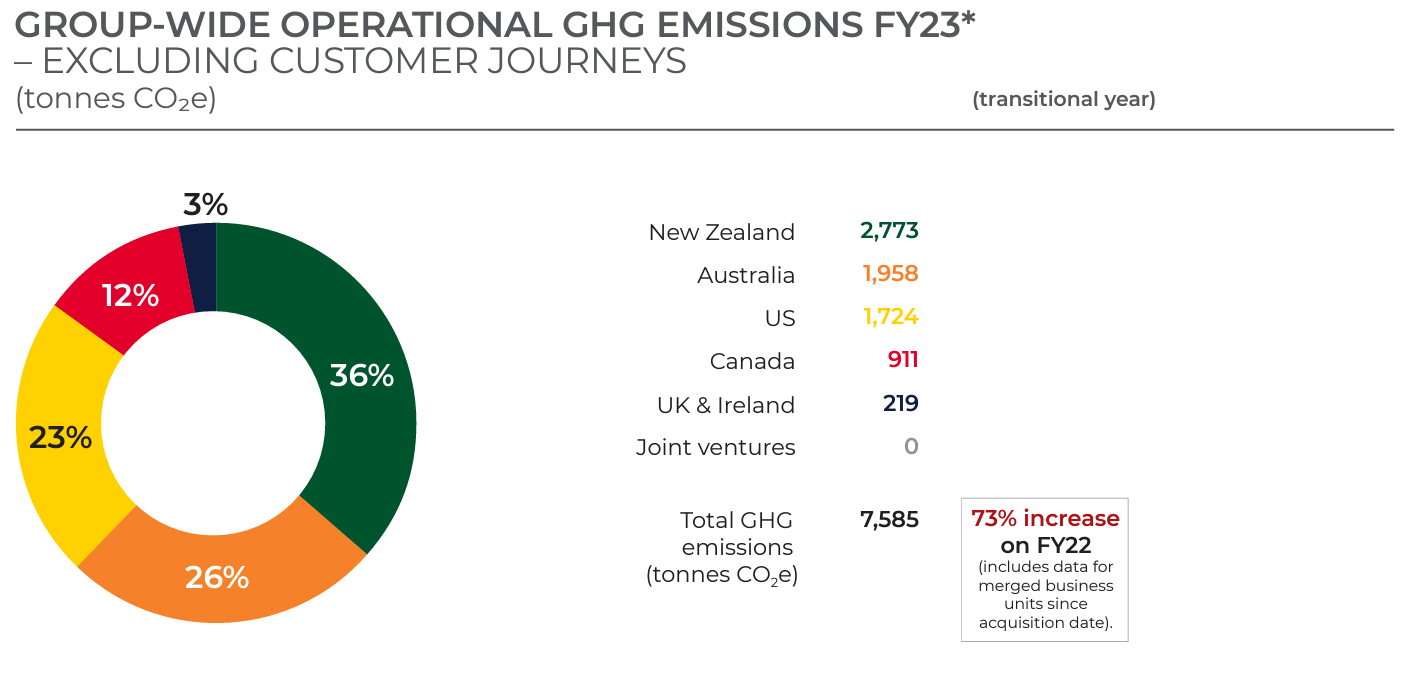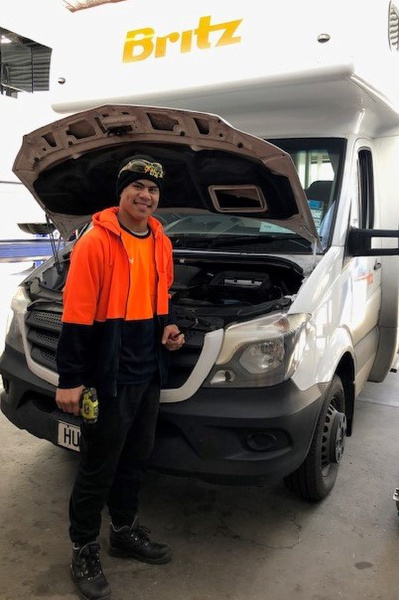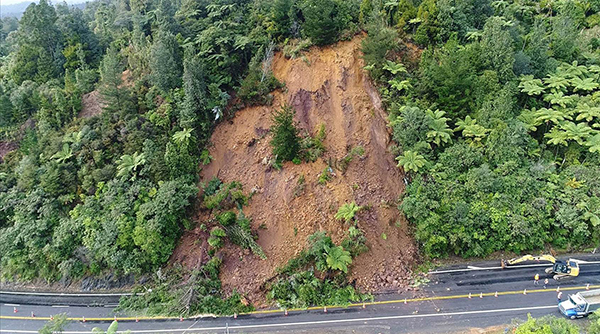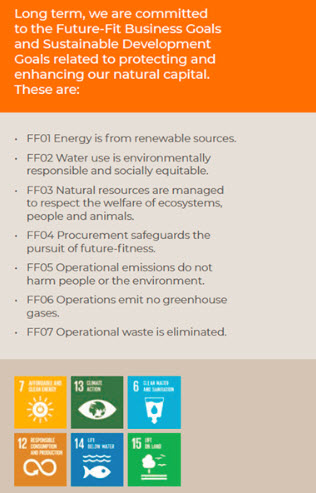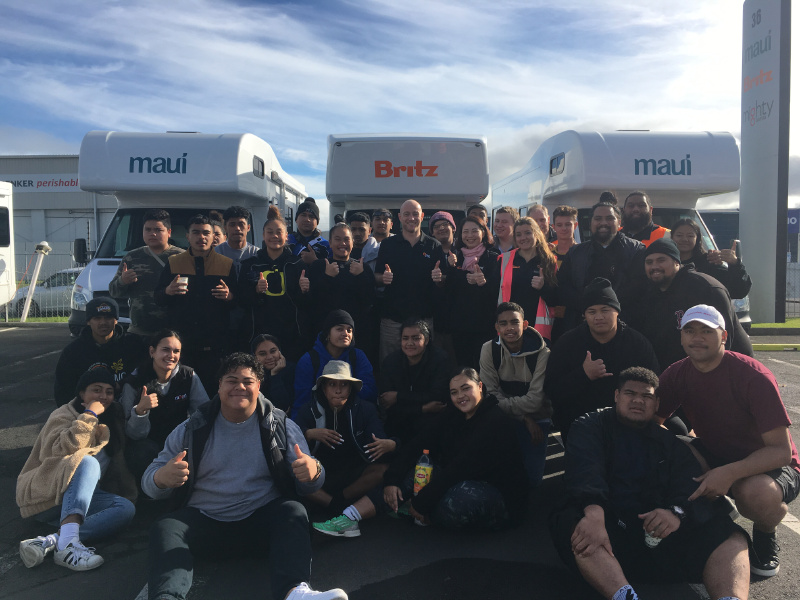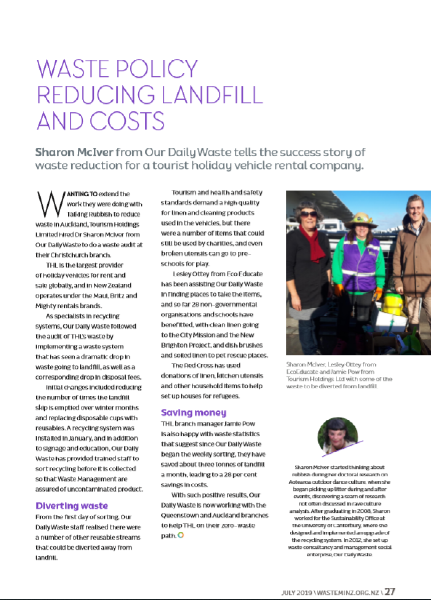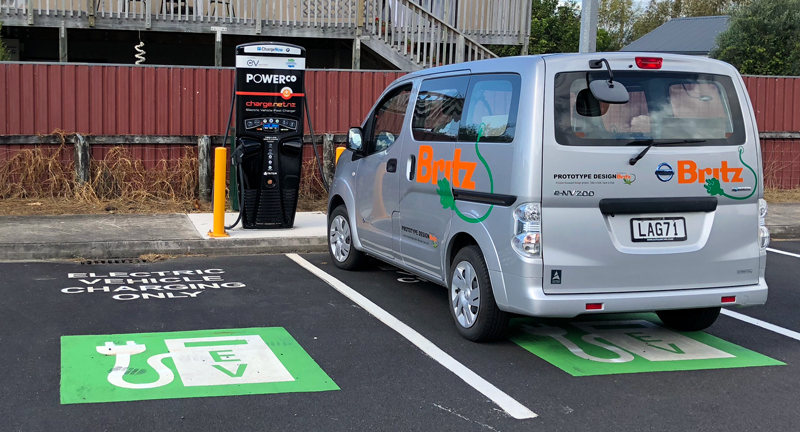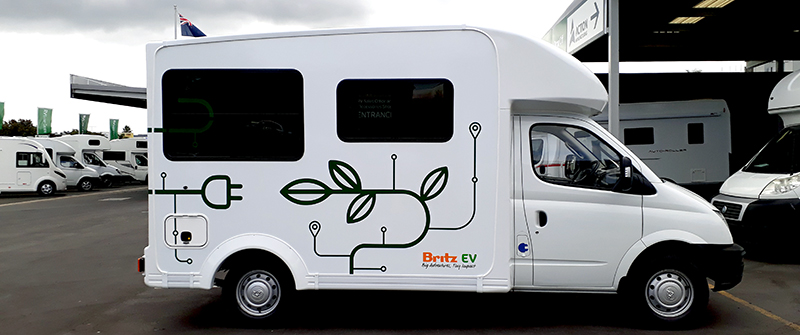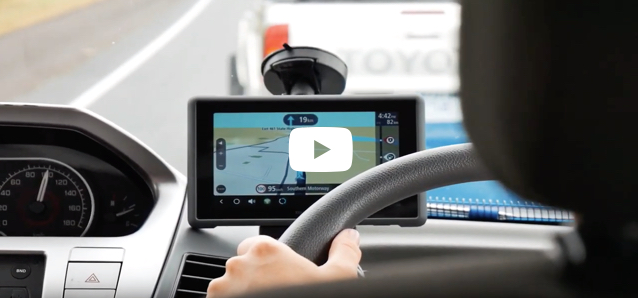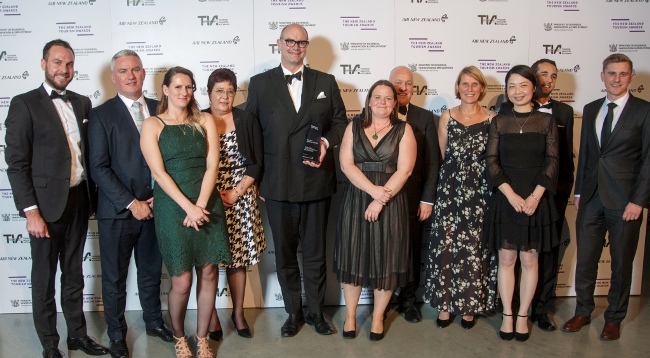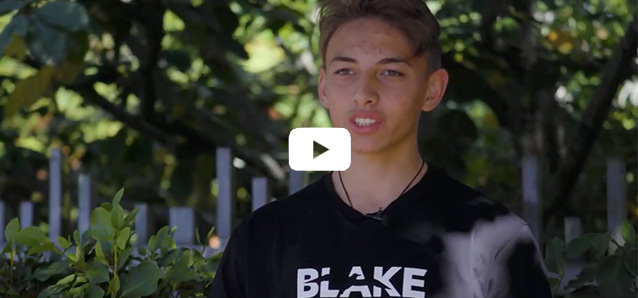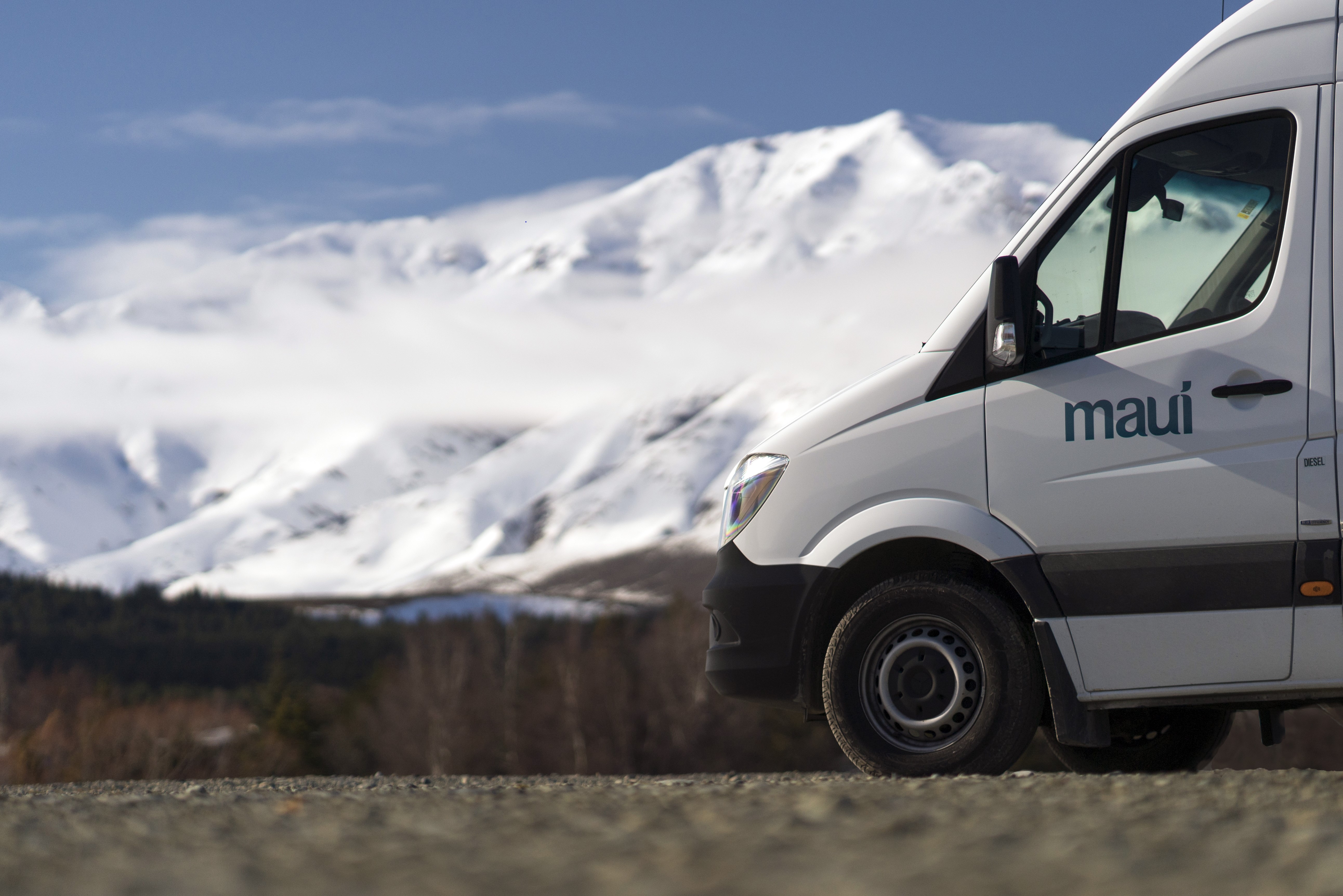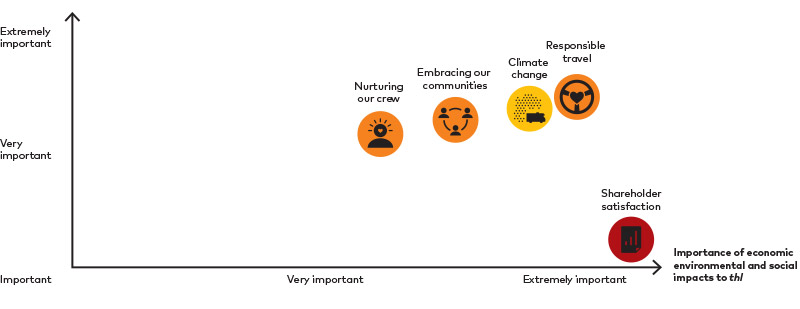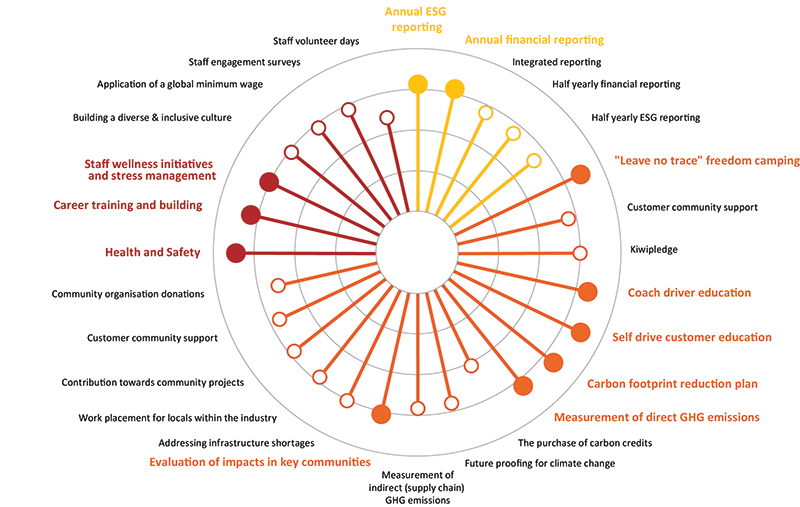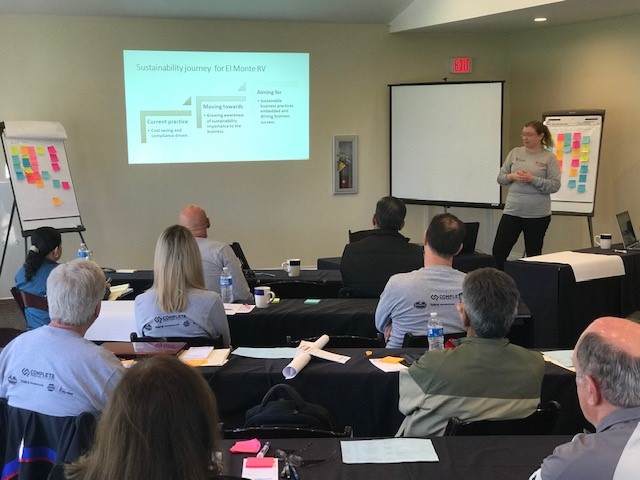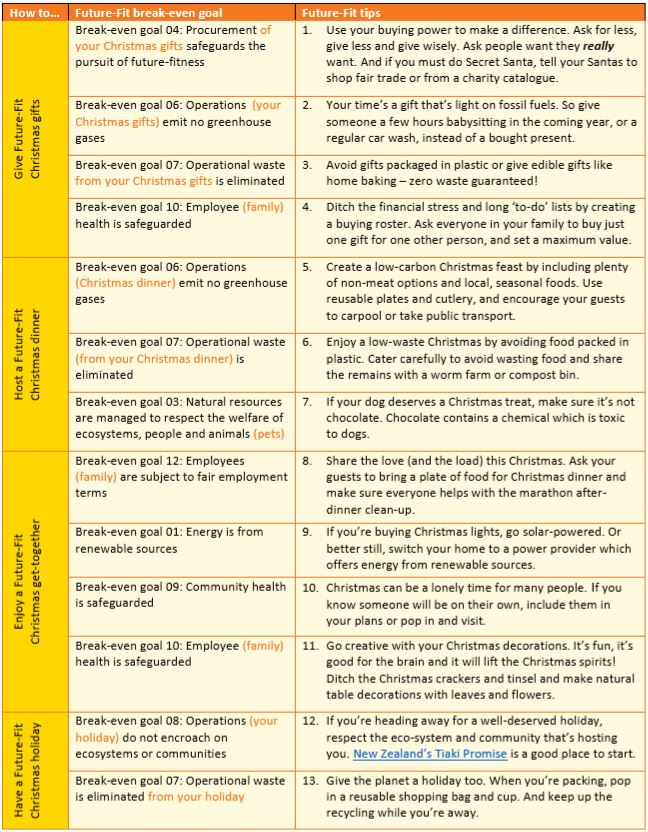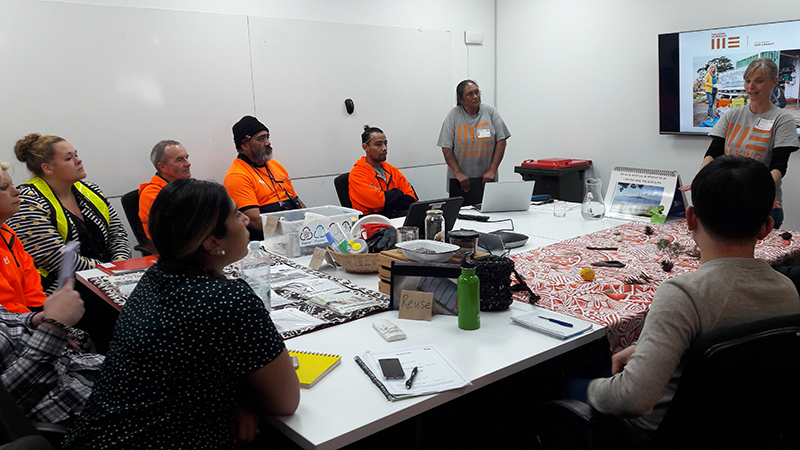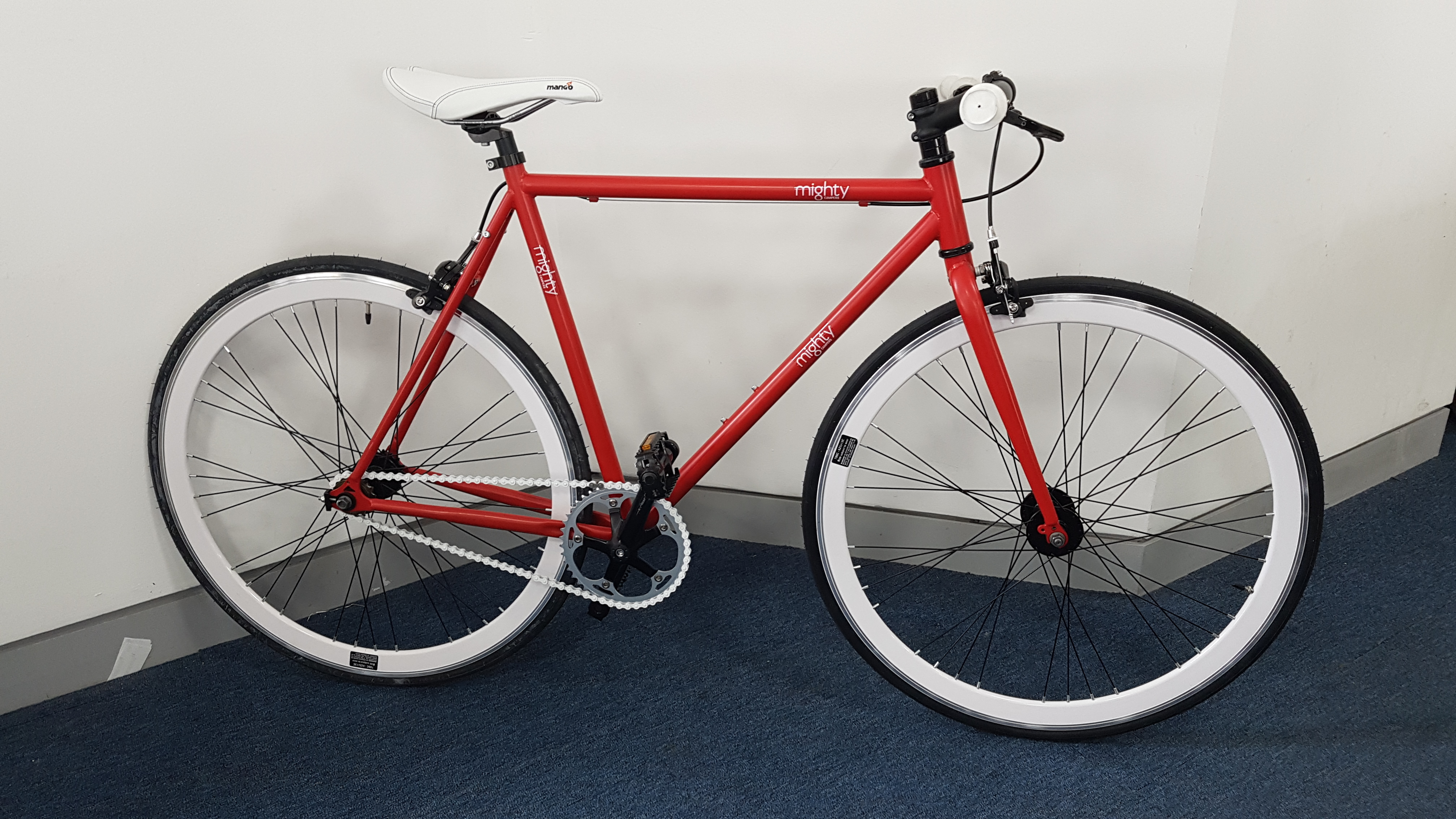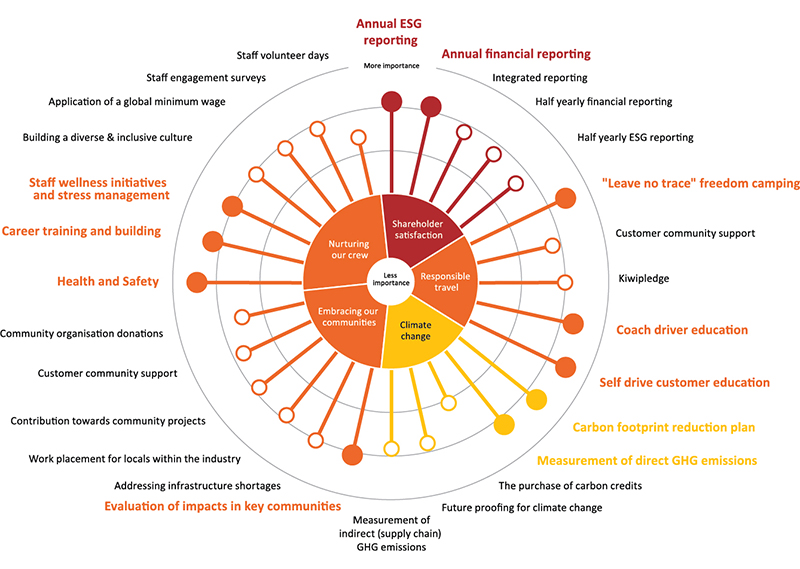With our fleet of fossil-fuel-dependent motorhomes, we are under no illusions that eliminating all GHG emissions from our business is a challenging task. Nonetheless, we meet this challenge with determination and a willingness to invest in innovative technologies which, in time, will aid our shift away from fossil-fuel dependency.
One of the challenges we have identified is that even if there is a Low Emission motorhome chassis available next year that would do the range we want; we have a legacy fleet to work with as well. After adding 11 Electric 2-Berth LDV-80 to our customer fleet in FY19, the next steps focused on our larger 4 to 6-Berth offering and finding options that can be applied to the current Diesel-powered fleet and would extend the range beyond the 120K limit of the current eLDVs. We worked with Action Manufacturing in Albany and EMOSS in the Netherlands6 to repower two Mercedes Sprinters. These were delivered in early 2020 and ready to be road-tested by our crew at the time New Zealand went into lockdown. We will continue this research and development towards lower emission fleet as soon as we can in FY21.
In 2019, Genless conduct a detailed case study on our Britz eVolve with some fascinating insights. Check out the case study here - https://genless.govt.nz/stories-and-case-studies/case-studies/electric-campervans-open-new-zealand-to-sustainable-touring
Of course, outside of emissions from our vehicle products, our operational emissions also contribute to our footprint. We expect to release our verified carbon emissions data with our half-year result, early 2021 and continue to work through energy savings and waste reduction initiatives across all of our sites.

